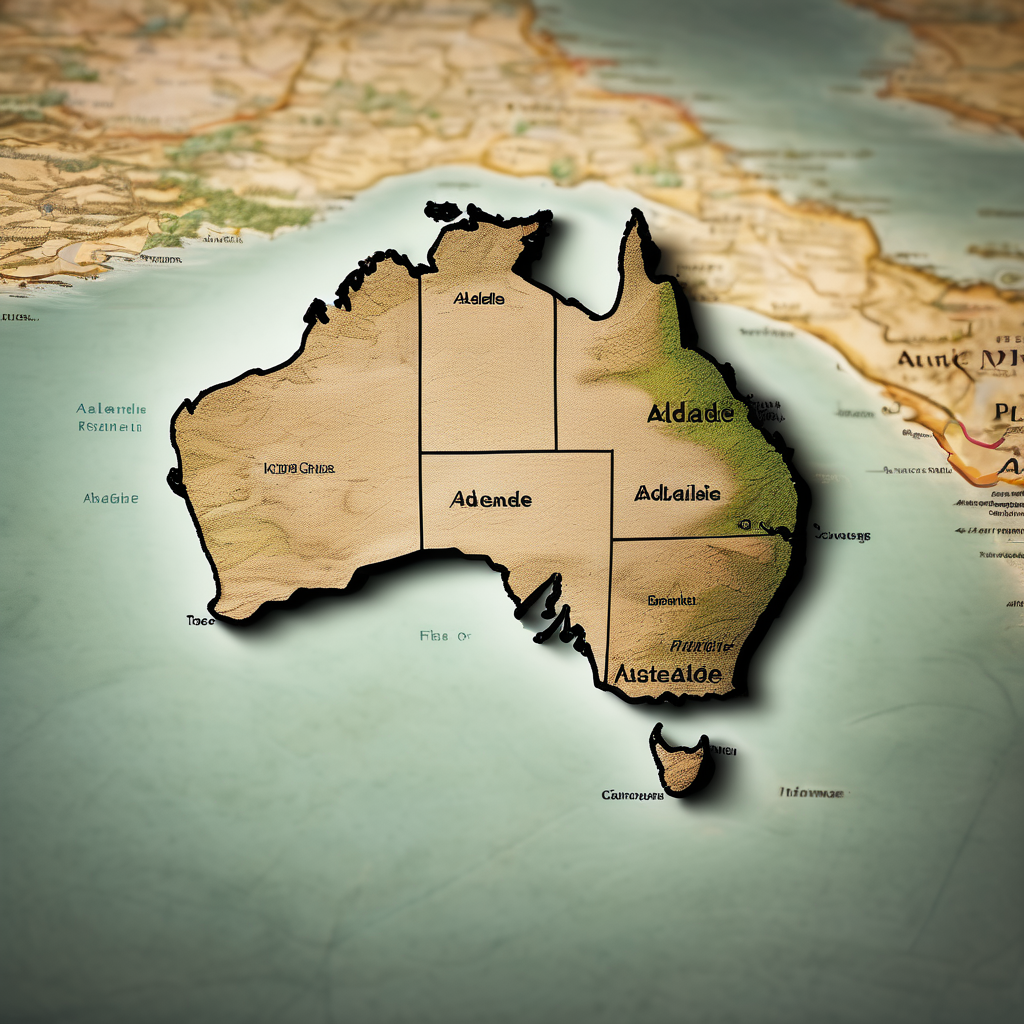Australia’s efforts to host the upcoming United Nations climate change summit, COP31, in Adelaide could come with a hefty price tag estimated at around $2 billion (US$1.30 billion). Despite the potential costs, the bid has received support from Chris Bowen’s Climate Change Department, which believes a meeting with Pacific leaders could help manage expenses. However, there are internal challenges, as the Department of Prime Minister and Cabinet has expressed concerns about the potential political disadvantages of yielding the spotlight to world leaders at the summit.
Bowen has maintained that hosting COP31 could yield significant economic and geopolitical benefits for Australia, which would justify the costs to taxpayers. He pointed to historical precedents, highlighting that the Labor Party supported past governments in hosting similar major international events like APEC and G20 summits. Bowen stressed the immediate financial benefits from tourism and the long-term strategic advantages, especially in the realm of renewable energy, as vital to Australia’s future.
The Coalition’s opposition, specifically from leader Peter Dutton, has been vocal against the proposed expenditures, claiming that they could reach “tens of billions.” He argues that the focus should instead be on addressing domestic cost-of-living issues. Despite his criticism, analysts remind that prior hosting costs of COP events have been significantly lower and could also prompt economic windfalls through investments and tourism.
In addition to the cost concerns, Australia’s bid for hosting rights is facing competition from Turkey. The two countries have been in a stalemate over negotiation terms, with both nations belonging to a group of 28 that requires unanimous agreement for the hosting rights. Prime Minister Anthony Albanese indicated that while he remains hopeful about Australia’s chances, uncertainty remains until finalized decisions are made.
With Australia’s engagement in climate issues becoming increasingly crucial for Pacific island nations—who see climate change as a major threat—many regional leaders, including Palau’s President Surangel Whipps Jr., have expressed strong support for Australia’s bid. They believe co-hosting the summit would signify a commitment to regional unity and investment in clean energy.
This situation highlights the intricate balance between domestic political debates and international climate responsibilities. As Australia navigates these discussions, there is widespread hope for meaningful collaboration in tackling climate-related challenges. Continued dialogue emphasizes the importance of partnerships with Pacific nations as they face escalating climate threats together. The commitment to host COP31 could mark a pivotal moment for Australia not just in terms of climate action, but in reinforcing its role in fostering cooperation within the Pacific region.
